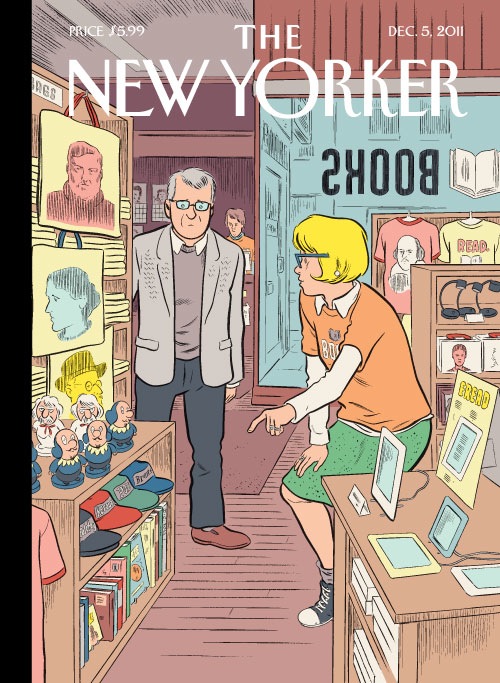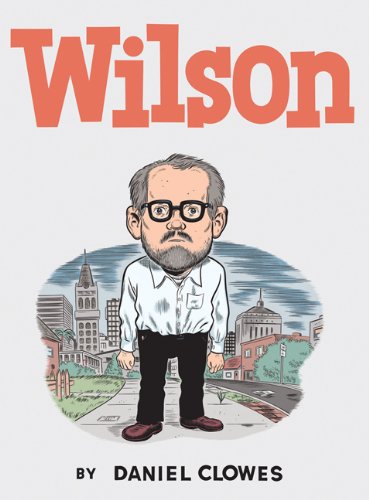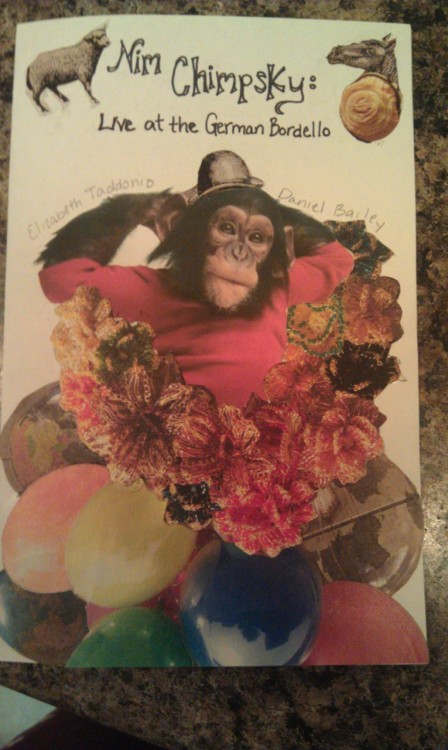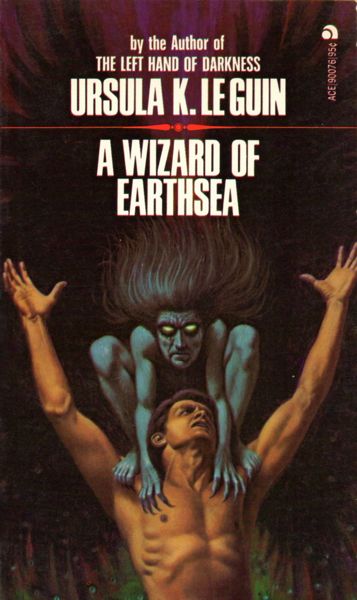Books owned that were read
Or is it?
That's the final number of books read this year. It's not 100, but I'm happy. I'm behind on the reviews -- those stopped at number 70. I'll finish the rest in the next week or two.
So here's the list:
1. The Awakening, Kate Chopin
2. Journey to the Centre of the Earth, Jules Verne
3. Dealing with Dragons, Patricia C. Wrede
4. Zombie Spaceship Wasteland, Patton Oswalt
5. Canticle for Leibowitz, Walter Miller Jr.
6. Perfume: The Story of a Murderer, Patrick Suskind
7. Jurassic Park, Michael Crichton
8. I Have the Right to Destroy Myself, Young-Ha Kim
9. Fight Club, Chuck Palahniuk
10. Breakfast of Champions, Kurt Vonnegut
11. Eeeee Eee Eeee, Tao Lin
12. The Hunger Games, Suzanne Collins
13. Catching Fire, Suzanne Collins
14. Mockingjay, Suzanne Collins
15. Take the Cannoli, Sarah Vowell
16. No Country for Old Men, Cormac McCarthy
17. High Fidelity, Nick Hornby
18. Unfamiliar Fishes, Sarah Vowell
19. Shoplifting from American Apparel, Tao Lin
20. Wide Sargasso Sea, Jean Rhys
21. Sandman: Preludes and Nocturnes, Neil Gaiman
22. Vox, Nicholson Baker
23. V for Vendetta, Alan Moore
24. Very Far Away from Anywhere Else, Ursula Le Guin
25. Cognitive-Behavioral Therapy, Tao Lin
26. You Are a Little Bit Happier Than I Am, Tao Lin
27. The Stranger, Albert Camus
28. A Listener's Diary, Sarah Vowell
29. Contact, Carl Sagan
30. A Visit from the Goon Squad, Jennifer Egan
31. Drinking at the Movies, Julia Wertz
32. Skim, Mariko Tamaki
33. The Lifted Veil, George Eliot
34. Mathilda, Mary Shelley
35. Lady Susan, Jane Austen
36. The Hound of the Baskervilles, Arthur Conan Doyle
37. The Help, Kathryn Stockett
38. Snow Flower and the Secret Fan, Lisa See
39. First Love, Ivan Turgenev
40. One Day, David Nicholls
41. Parnassus on Wheels, Christopher Morley
42. During My Nervous Breakdown I Want My Biographer Present, Brandon Scott Gorrell
43. No One Belongs Here More Than You, Miranda July
44. The Gospel of Anarchy, Justin Taylor
45. Everything is Going to Be Great, Rachel Shukert
46. The Postmortal, Drew Magary
47. The Shit My Dad Says, Justin Halpern
48. Ready Player One, Ernest Cline
49. Sloth, Gilbert Hernandez
50. Love and Rockets: New Stories Vol. 1, Gilbert Hernandez
51. Ayiti, Roxane Gay
52. The Farthest Shore, Ursula Le Guin
53. Tehanu, Ursula Le Guin
54. Tales from Earthsea, Ursula Le Guin
55. The Other Wind, Ursula Le Guin
56. Bed, Tao Lin
57. Sometimes My Heart Pushes My Ribs, Ellen Kennedy
58. Wilson, Daniel Clowes
59. Ghost World, Daniel Clowes
60. American Psycho, Bret Easton Ellis
61. When She Woke, Hillary Jordan
62. Camera, Jean-Phillippe Toussaint
63. Selected Unpublished Blog Posts of a Mexican Panda Express Employee, Megan Boyle
64. Break it Down, Lydia Davis
65. Vathek, William Beckford
66. The Girl With the Dragon Tattoo, Stieg Larsson
67. The Importance of Being Earnest, Oscar Wilde
68. A Clockwork Orange, Anthony Burgess
69. A Room of One's Own, Virginia Woolf
70. Us, Michael Kimball
71. The Picture of Dorian Gray, Oscar Wilde
72. The Happy Prince, Oscar Wilde
73. A House of Pomegranates, Oscar Wilde
74. Lord Arthur Savile's Crime and Other Stories, Oscar Wilde
75. The Clouds Should Know Me By Now: Buddhist Poet Monks of China
76. Willow, Wine, Mirror, Moon: Women's Poems from Tang China, Jeanne Larsen
77. Watchmen, Alan Moore
And I wanted to see what my unconscious reading habits looked like statistically:
40% were by female authors
60% by male authors
Only 16% by authors of color
60% novels
12% graphic novels
10% short stories
9% poetry
6% non-fiction
3% other
12% translated from another language
So it was the year of the English white male novel. No surprise there. Next year I will strive for more diversity.
But I did manage to knock 21 off The Guardian's 1000 Novels Everyone Must Read list. If I keep going at that rate I'll finish off all 1000 when I'm... 70 years old! But by then they'll change up the list and we'll all be too preoccupied wearing anti-gravity boots and dancing on the ceiling to care about books. If we even make it to the year 2013.
Countdown to the zombie apocalypse 2012!
3...2...1...
































